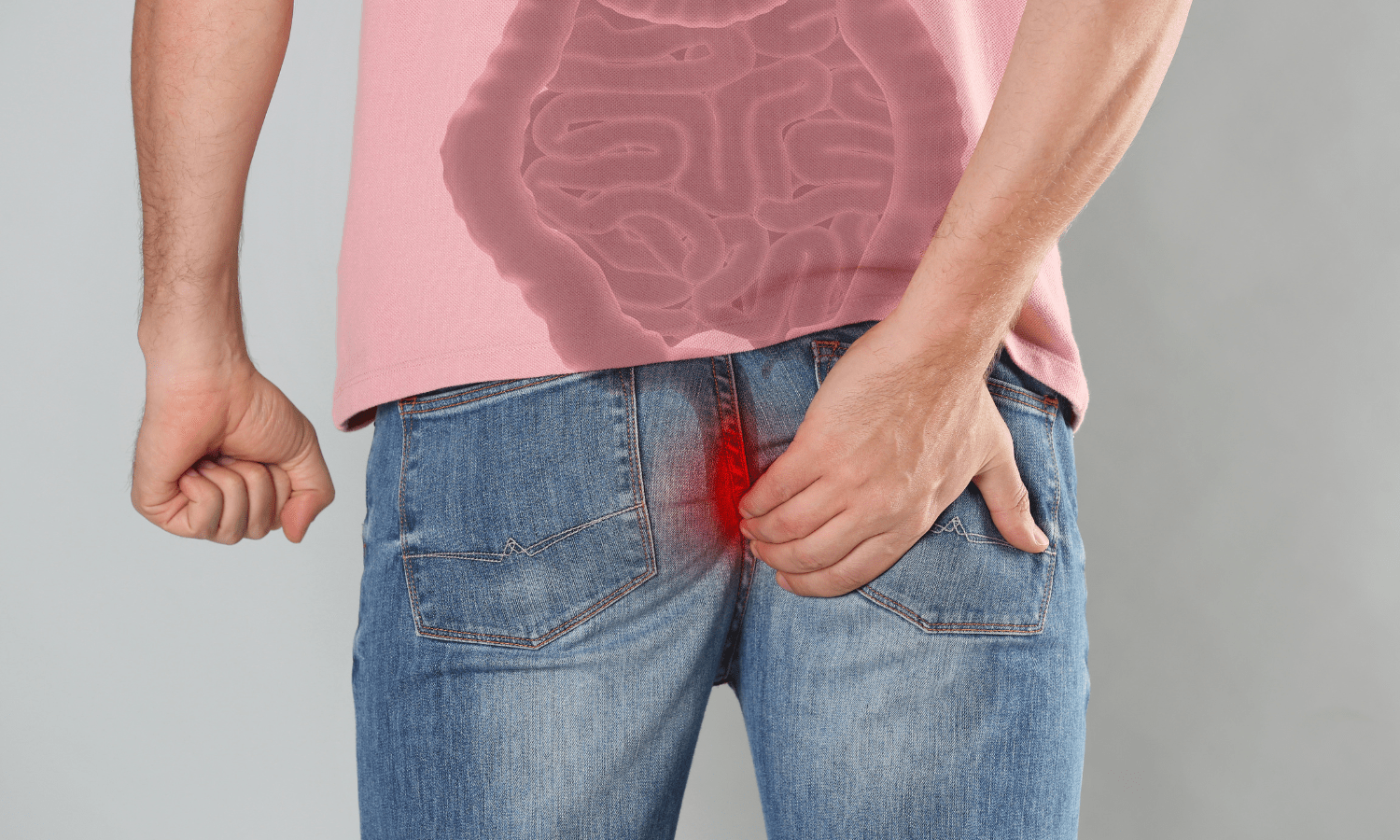What are the Causes of Hemorrhoids?
Hemorrhoids, a common and often uncomfortable condition, affect millions of people worldwide. By understanding the causes and prevention of hemorrhoids, we can take steps to reduce the risk of developing them and manage existing symptoms. In this blog post, we will discuss the causes of hemorrhoids, common symptoms, and various prevention and treatment options.
What are Hemorrhoids?
Hemorrhoids, also known as piles, are swollen veins in the lower part of the rectum and anus (Mayo Clinic, n.d.). There are two types of hemorrhoids: internal and external. Internal hemorrhoids occur inside the rectum, while external hemorrhoids develop under the skin around the anus [5].
Common symptoms of hemorrhoids include:
Itching or irritation around the anal area
Pain or discomfort
Swelling around the anus
Bleeding during bowel movements [2]
Causes of Hemorrhoids
Hemorrhoids can be caused due to a number of different factors which includes the following.
Increased Pressure in the Lower Rectum
Increased pressure in the lower rectum can lead to the development of hemorrhoids. This pressure can be caused by:
Straining during bowel movements
Pregnancy, due to the weight of the growing fetus
Obesity [4]
Chronic Constipation or Diarrhea
Both chronic constipation and diarrhea can contribute to the formation of hemorrhoids by causing increased pressure in the lower rectum [4].
Sitting for Long Periods, Especially on the Toilet
Sitting for extended periods, particularly on the toilet, can also contribute to the development of hemorrhoids [2].
Low-Fiber Diet
A diet low in fiber can lead to constipation, which in turn can cause straining during bowel movements and increase the risk of developing hemorrhoids [1].
Prevention and Treatment of Hemorrhoids
There are number of prevention methods and treatment options for
Lifestyle changes
High-fiber diet: Consuming a diet rich in fiber can help prevent constipation and reduce the risk of hemorrhoids [3].
Adequate hydration: Drinking plenty of water can help prevent constipation [1].
Regular exercise: Engaging in regular physical activity can promote healthy bowel movements and reduce the risk of hemorrhoids [3].
Over-the-counter Treatments
Hemorrhoid creams: Topical creams and ointments can provide temporary relief from hemorrhoid symptoms [2].
Suppositories: Over-the-counter suppositories can help relieve symptoms and inflammation [1]
Medical Procedures
In some cases, medical procedures may be necessary to treat hemorrhoids. These can include:
Rubber band ligation: A rubber band is placed around the base of the hemorrhoid, cutting off its blood supply and causing it to shrink and fall off [1].
Sclerotherapy: A chemical solution is injected into the hemorrhoid, causing it to shrink [2].
Hemorrhoidectomy: Surgical removal of hemorrhoids, usually reserved for severe cases [1].
Hemorrhoid Embolization: A minimally invasive procedure where blood vessels supplying the hemorrhoid are blocked, leading to shrinkage and symptom relief [6].
Ready to Take the Next Step?
Understanding the causes and prevention of hemorrhoids is essential for reducing the risk of developing this common and often uncomfortable condition. By making simple lifestyle changes, such as adopting a high-fiber diet, staying hydrated, and exercising regularly, we can minimize our risk of hemorrhoids. If you're experiencing symptoms or are interested in learning more about effective treatment options for hemorrhoids, don't hesitate to schedule a consultation with our experienced team. We specialize in personalized care, guiding you through the diagnostic process and exploring the range of treatment options tailored to your specific needs. Act now and prioritize your well-being – we're here to support you every step of the way, providing compassionate care and empowering you to reclaim your comfort. Don't let hemorrhoids hold you back – seek expert care at Indiana Vascular today.
Sources
Cleveland Clinic. Hemorrhoids: Management and treatment. Retrieved from https://my.clevelandclinic.org/health/diseases/15120-hemorrhoids
Harvard Health. Hemorrhoids and what to do about them. Retrieved from https://www.health.harvard.edu/diseases-and-conditions/hemorrhoids_and_what_to_do_about_them
Johns Hopkins Medicine. Hemorrhoids. Retrieved from https://www.hopkinsmedicine.org/health/conditions-and-diseases/hemorrhoids
Mayo Clinic. Hemorrhoids: Symptoms & causes. Retrieved from https://www.mayoclinic.org/diseases-conditions/hemorrhoids/symptoms-causes/syc-20360268#:~:text=Hemorrhoids%20can%20develop%20from%20increased,Having%20chronic%20diarrhea%20or%20constipation
MedlinePlus. Hemorrhoids. Retrieved from https://medlineplus.gov/hemorrhoids.html
Rebonato, A., Maiettini, D., Patriti, A., Giurazza, F., Tipaldi, M. A., Piacentino, F., Fontana, F., Basile, A., & Venturini, M. (2021). Hemorrhoids Embolization: State of the Art and Future Directions. Journal of clinical medicine, 10(16), 3537. https://doi.org/10.3390/jcm10163537

